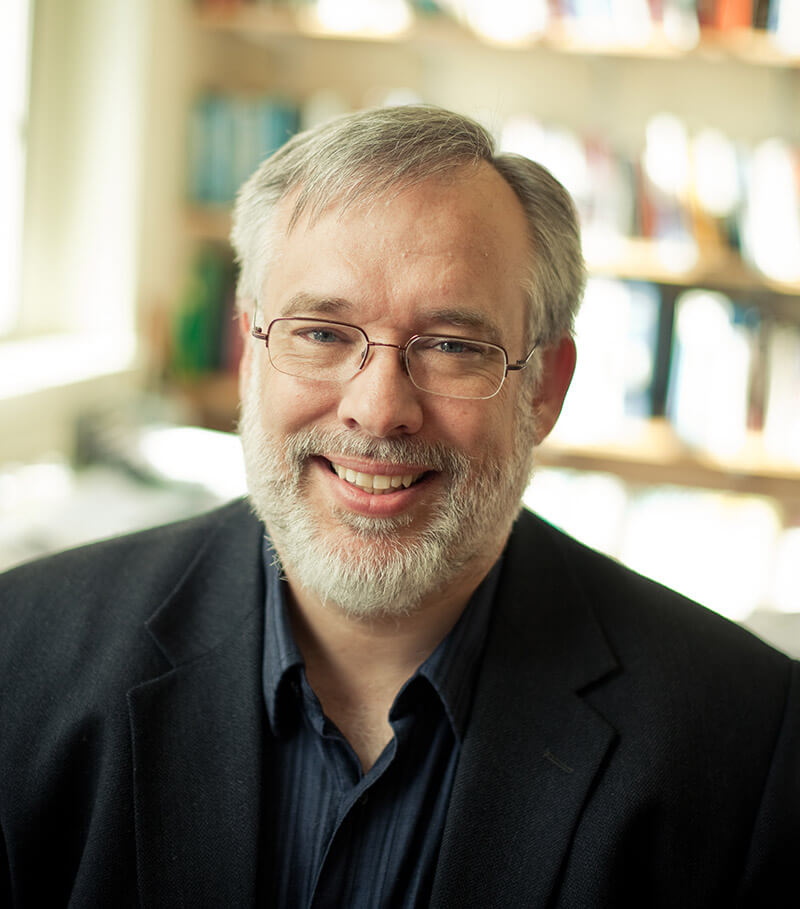
Professor of Economics Geoffrey Schneider believes that the economic success — or failure — of any given nation lies, at least partly, in the educational, technological, governmental and cultural institutions available for support.
Schneider is especially interested in understanding how institutions can enable — or disable development in Africa. “Every place has a particular set of institutional structures,” he says. “In the African context, one of the interesting questions is, given various models for development and given the unique cultures and institutions of African countries, what actually might work? Given that so many things have been tried in Africa and not worked, that’s a question that has always fascinated me.”
Schneider also is director of the Learning Center at Bucknell, where he helps new faculty members begin their Bucknell careers. “One of the first things we do with new faculty,” he says, “is to acquaint them with some of the classic active learning techniques that are used at Bucknell — how to get students into group discussions that are rich, how to punctuate your lectures with thought-provoking questions, how to do things that will keep your students actively engaged in the course material.”
In his own classes, students don’t just attend discussions, they design and lead them. Schneider has learned from experience that such student-directed learning allows students to explore fully the areas that most interest them, while still covering all the intended material. For example, in his capstone course “South Africa: Apartheid and After,” biology students have investigated the country’s biodiversity, while sociology majors delved deeper into the process of undoing an oppressive system like apartheid.
Such student engagement, he is sure, is what makes some classes rich. “It really has the effect of changing the dynamic,” says Schneider, “so that they are all as a group much less passive and much more active in the conversation.”
